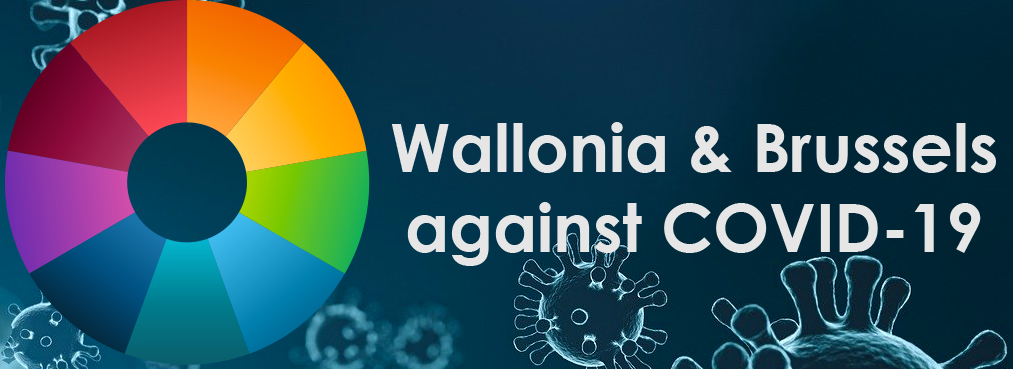Stéphane Lucas, CEO
Innovative Coating Solutions
" Within the framework of mask making, ICS has been contacted by the company Malcourant (GBLX) which developed special machines to produce polymer (Polyethylene) based masks. The process requires thermal welding of polymer foils. That process happens around 170°C, in between two pressed and heated jaws. Unfortunately, adhesion of the polyethylene on either Al or Cu jaw is observed. ICS develops special coatings and made available a carbon based coating that prevents the adhesion on the jaw, but allow also multiple cycles of heating/cooling. These coatings have been successfully applied on the aluminium and copper prototypes. They exhibit very good adhesion, and prevent the polyethylene sticking on the jaws even after a large number of cycles. No delamination has been observed so far. "
Contact: Stéphane Lucas, Innovative Coating Solutions, This email address is being protected from spambots. You need JavaScript enabled to view it. Patrick Powis, Malcourant-Mécanique, This email address is being protected from spambots. You need JavaScript enabled to view it.


